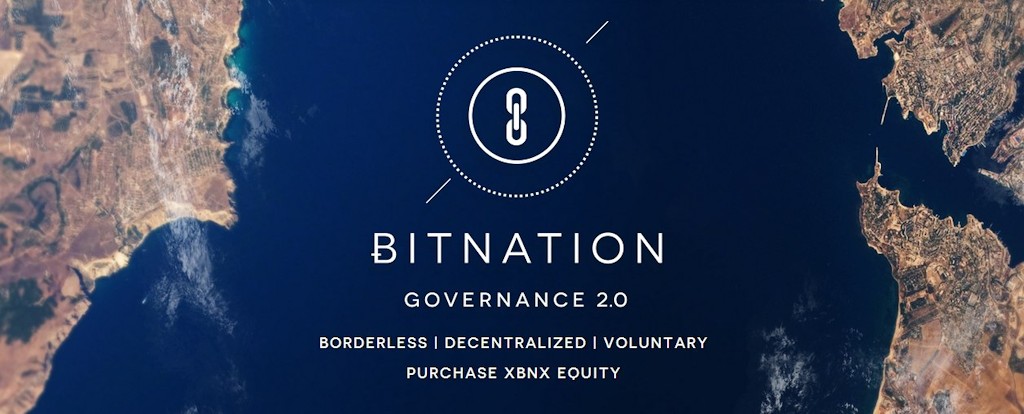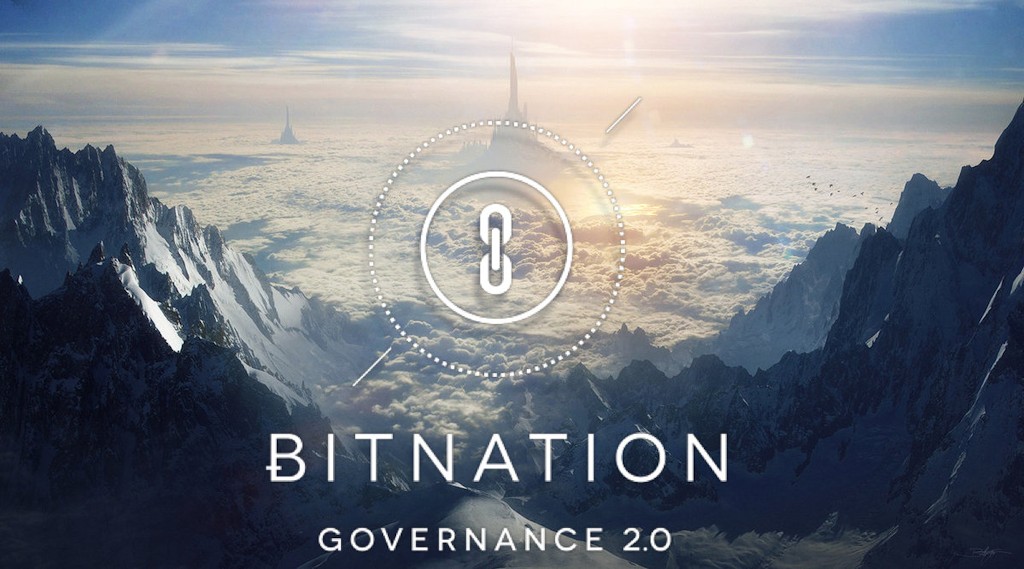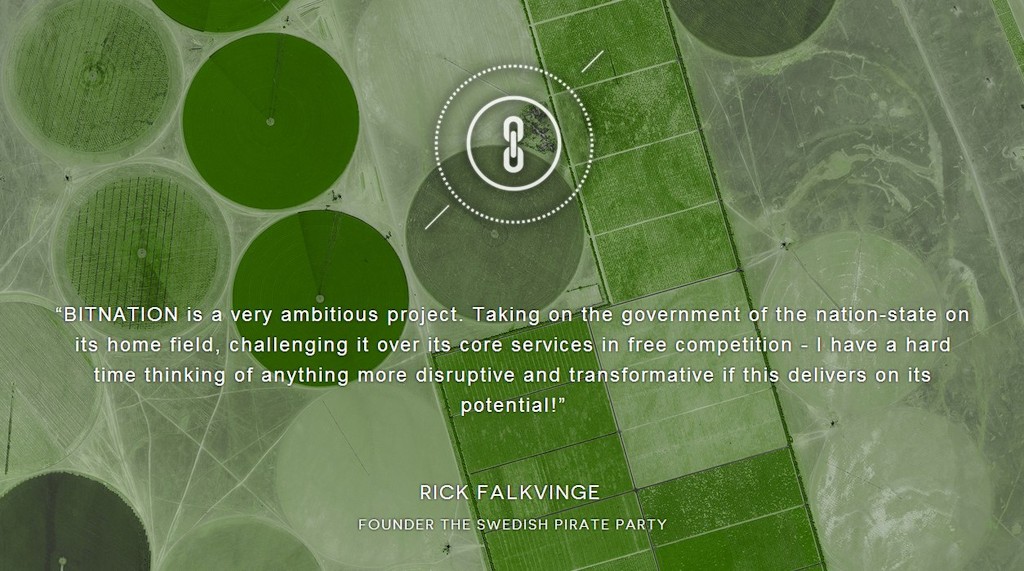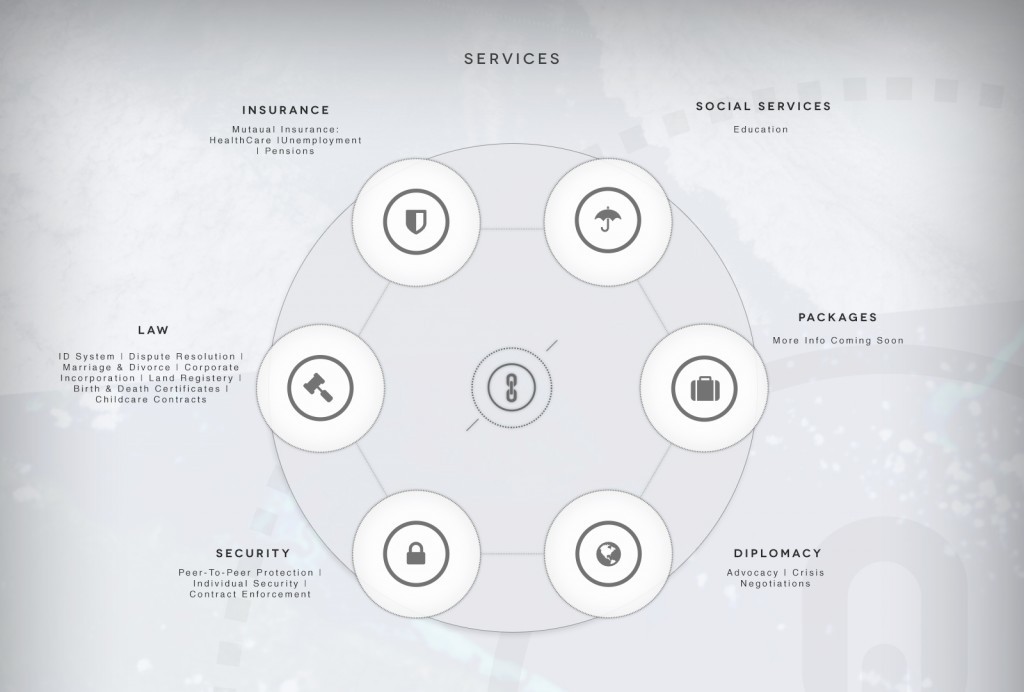Non-Geographically Contingent Governance Service Aggregators (Googlements)

What is Bitnation? - Governance 2.0 - The Googlements
1. Purpose

The Westphalian construct is outdated, and the arbitrarily drawn lines called borders, which were once supposed to provide stability, are now the direct cause of instability, due to their ‘one size fits all’ design. The nation state model offers little to no personal liberty of choice, in terms of geographical movement, and choice of governance service providers. People are assumed to be content with the same rules and services as everybody around them, simply by the virtue of living in the same geographical area. Yet many people cannot fathom a world without governments, they believe it will descend into chaos — and most people do want various degrees of services governments are supposed to provide.
Thanks to globalization, the world has become increasingly less geographically contingent — through international trade, communications, and cheap transport. People are increasingly connected across borders, which results in desires less defined by their geographical origin, or location. Certain groups of people already live entirely international lifestyles, without much ties to any specific nation. Opt-out options are emerging – from SeaSteading to political and economic free zones of various sort, but it requires geographical relocation, which may not be desirable, nor possible, for everybody. Hence, as an alternative to physical opt-out options, Googlements are designed to aggregate governance services in a non-geographically contingent fashion. Some international insurance companies and expatriate services companies already provide similar services.
The purpose is to start it up, and popularize the idea, in order to inspire others to create similar entities — in order to increase competition, reduce prices, and over time, make the idea of nation state as governance service providers largely irrelevant.
2. Overview of concept: Googlements and the Archipelago

Googlements are envisioned to be corporate entities (for profit, or not for-profit) which aggregate governance services, i.e. ‘virtual nations’. For instance, a Googlement can be based in Stockholm, while the client is in Bangkok, and it will provide the client with services locally (through contractors) or online, if suitable. Kind of like an international insurance company, but with a much broader service scope, and responsibility.
The Archipelago is imagined to be a sort of backbone of Googlements — with guiding principles (for instance, the non-agression principle), crowdintelligence on Googlements and other service providers, and inter-Googlement coordination, and support. For example, if one nation goes bankrupt, the Archipelago can help to pick up the clients, and distribute them to other suitable alternatives. A sort of Googlement for Googlements. Several ‘Archipelagos’ are likely to emerge, based on ideological and religious beliefs.
3. Googlements

Purpose of Googlements
Googlements should focus on providing actual core governance services: jurisdiction, arbitration, law enforcement, healthcare, education, social security, incorporation services, etc. ‘Community services’ such as shared beliefs, lifestyle, etc are rather non-essential, as they do not add much direct value to its customer, and therefore do not deserve the name of ‘Googlement’, but it’s optional.
While some Googlements may choose to keep all their services inhouse, it’s more likely that the vast majority of Googlements will to a large degree choose sub-contractor options, as it makes more sense quality wise, and price wise. Hence, the core function of a Googlement is in its ability to accurately identify, manage, and aggregate contractors.

1. Service aggregation
The single most important task of the Googlements is service aggregation. While some people may like to build their own PCs, most of us like a package concept — a ready made laptop. For instance, if your house is on fire, you do not want to reflect on what five competing fire department you should call, you want to have one number to call, who will sort it all out for you – instantly. Googlements must provide package solutions, to make their customers’ lives easier.
2. Negotiate prices with subcontractors
The other thing a company does, is negotiating quantity prices — and reductions. It’s cheaper to buy a hamburger at McDonalds, then to buy all the same components of it, and cook it yourself. Because individuals do not obtain quantity reductions. The same goes for law enforcement, health care, etc.
3. Manage contractors
While it’s possible for every individual to obtain intelligence on the quality of every contractor, it would entail a tremendous amount of work, both in terms of research – intelligence collection – as well as contract enforcement. The Googlement, focused solely in that line of work, will facilitate all those aspects, and step up when there’s a problem.
4. Optional: community functions
A Googlement can entail any specific economic model, or set of beliefs, for the sake of the community. This seems like a less scalable option, but it is an option. It can entail economic models (socialism, capitalism), social models (conservative, religious, hedonistic), and legal models (sharia, non-aggression principles, common law, etc). Community models would probably be beneficial from a marketing perspective, to narrow down customer targeting, but it’s non-essential in the construct of a Googlement.
Design of Googlements: Googlements can be designed in any fashion, as long as they provide basic governance services – which is the very definition of a Googlement. They can be incorporated in existing jurisdictions (probably more conducive to raising funds), or create jurisdictions of their own. They can be designed as for-profit entities, or as non-for profit cooperatives. They can have a democratic, autocratic, theological or any other type of management structure.
4. The Archipelago

Purpose of Archipelagos: Provide broader collectivist scope including:
The Archipelago is an online platform, like the facebook of governance, to provide a backbone for individual ‘nations’ — Googlements are subject to rapid creative destruction (that’s their very purpose), but the Archipelago’s is supposed to be a slightly more resistant to quick change, due to its nature of limited operational funding needs, and a broader ideological scope.
1. Philosophical/ religious moral codes (example the non-aggression principle)
A moral backbone, it may be philosophical, ideological, or religious. But something that a large number of people agree with, and that has a sort of ‘final verdict’ in intra Googlement conflicts.
2. Lobbying towards nation states, international organizations
Collective action can be empowered in a intra-Googlement setting through collective lobbying against regulations set up by geographical monopolies on governance. This is likely to be the most important task of the Archipelagos, at an early stage.
3. Crowdfund causes: science, aid, law enforcement
Some things are best funded through large numbers of people, across economic and social spectra. Science (combating cancer, natural catastrophes), aid for people in need (if a Typhoon hits, starvation crisis, floods, etc), and law enforcement (e.g. a Kony like figure rocks up and start to rape and kill children, which requires a small army to combat) is better done in scale. Crowdfunding provides the tools for that, and Googlements the ‘ideological community’, of sort.

4. Support for Googlements, and support for their customers
A support network for Googlements and their customers; in case one Googlement goes bankrupt for instance, the Archipelago can pick up the pieces, and advise the customers what other Googlements are available, and perhaps negotiate better circumstances. The Googlement should also have an intelligence and evaluation service of various Googlements, and their contractors.
Of course no Googlement has to be part of an Archipelago, but it will probably provide customers with reassurance, making it profitable for Googlements, and their clients alike, to join a Archipelago. Besides, the aspect of decentralization the Archipelago provides will be profitable for the customers, as it increases their security.
Design of Archipelagos: The most practical way would be to design it as a crossover between Wikipedia, Yelp, and an exclusive intelligence collection service provider.
5. Challenge

The primary challenge is that many already pay for government service providers — through taxes. The natural way is therefore to target those who already live international lifestyles — and hope it will spread from there on – through creating a good revenue model, and hope competitors will join the market and hence increase the quality of services, and decrease costs — to make it a viable option for larger groups of people.
– Susanne Tarkowski Tempelhof
